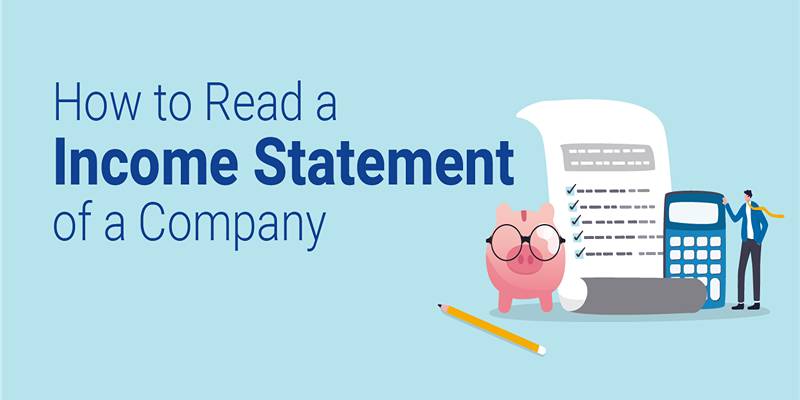In 2023, economic turbulence has created great uncertainty in the year and for industries and people. The global economy is on the verge of recession, and it has become increasingly evident that economic suffering can be long. Some may worry about job stability, and others may worry about financial investments you made or how they might affect your daily life; it's important to prepare for a recession. But how do you prepare for something as unpredictable and wide as a recession? Now, what can you do to protect yourself and your family?

In this article, we share practical advice on how to prepare yourself for Recession 2023. We will be discussing key areas such as financial planning, career stability, and lifestyle adjustments so that you're able to take on economic challenges without reservation. You will have a clearer roadmap to minimize the impact of economic uncertainty and even position yourself for growth by the end of this guide.
Before we go over strategies for preparing, it is important to know the scope of the problem. Whenever the economy contracts, we say it is in a recession and there is negative growth; in general, it will have lower consumer spending, job loss, and fewer business profits. Today, as inflation, interest rates, and ongoing global supply chain disruptions all intertwine, these are all factors in 2023.

We're all at risk of a recession, but how it will hit you depends on your finances and how easily you can adjust. A recession means job insecurity, a decrease in savings, and the need to make huge lifestyle changes for many. You can't control what might be coming your way, but you can. Unlike other recessions, recession 2023 is not just a financial downturn; it's also a geopolitical risk and the aftermath of a global pandemic.
Some industries may be hit harder than others, but it's a general economic slowdown that will impact people in all industries. By understanding the bigger picture, you will learn to prepare beyond just financial adjustments; rather, you will adjust your mindset to be flexible and resilient.
When it comes to preparing for a recession, the most important thing you can do is protect your finances. Whether you're an individual or a household, having a solid financial plan in place is essential. During a recession, people tend to cut back on spending, save more, and find ways to protect their assets.
First, take a close look at your savings. If you dont have an emergency fund yet, now is the time to build one. Financial experts recommend having at least three to six months worth of expenses set aside in case of job loss or unexpected financial hardship. This fund acts as a cushion to help you stay afloat when the economy takes a turn for the worse.
Next, consider reevaluating your budget. During a recession, youll want to cut unnecessary expenses and prioritize needs over wants. Review your subscriptions, eating habits, and discretionary spending to ensure you're saving as much as possible. This is also a good time to pay down high-interest debt, such as credit card balances, which can become even more burdensome if interest rates rise during a recession.

Lastly, diversify your investments. While the stock market is always a risk, a recession could hit certain industries harder than others. Having a mix of assetsstocks, bonds, real estate, and maybe even some cashcan protect you from the worst-case scenario. If youre unsure about the best investment strategy for a recession, consider speaking to a financial advisor to ensure that your portfolio is balanced and resilient in the face of economic instability.
For many people, the biggest concern during a recession is job security. With layoffs, hiring freezes, and budget cuts often becoming more common during economic downturns, its essential to take proactive steps to secure your career.
Start by evaluating your job situation. Are you in a field or role that is particularly vulnerable to recessionary impacts? Some industries, such as tech or luxury goods, may experience bigger cuts compared to others, like healthcare or education. If your job is in a vulnerable industry, consider upskilling or retraining in areas that are more recession-proof. Online courses, certifications, and additional degrees can help you stand out and increase your job security.
Even if youre in a more stable industry, its always a good idea to maintain a strong professional network. Relationships with colleagues, clients, and industry peers can help you stay informed about new job opportunities or potential freelance work. Networking doesnt have to be just about securing your next jobits about staying visible and engaged with the professional community, even during tough times.
Lastly, look at how you can add more value to your current role. Are there new responsibilities you could take on or processes you can improve? Recessions often lead to companies becoming leaner, and employees who can demonstrate flexibility and innovation are more likely to remain valuable to their employers. Show that you can help the company save money, increase efficiency, or meet other strategic goals during difficult times, and your job may be more secure than others.
When it comes to preparing for a recession, it's not just about financial planning and career strategylifestyle changes can play an important role, too. A shift in mindset and day-to-day habits can help reduce stress and set you up for long-term stability.
Start by examining your living situation. If youre renting or considering buying a home, take a cautious approach. Recessions often lead to reduced home prices, but they can also bring about increased job insecurity, making homeownership a risky endeavor for some. If possible, consider living within your means and delaying major financial commitments like buying a house or car until youre more certain about the economys trajectory.
You might also want to scale back on luxuries and focus more on essentials. This could mean cooking at home more often, reducing travel expenses, or buying secondhand items instead of new ones. Simple changes like these can go a long way in preserving your savings and keeping your expenses low.
Recession 2023 may seem daunting, but the steps you take now can make all the difference in how you weather the storm. From securing your finances and career to adjusting your lifestyle, there are plenty of proactive measures you can take to protect yourself and your family. Remember, recessions are a natural part of the economic cycle, and while they can be challenging, they also present opportunities for those who are prepared.

By Noah Jones/Apr 28, 2025

By Amelia Martin/Mar 09, 2025

By Peter Evans/May 14, 2024

By Peter Evans/Apr 06, 2024

By Lucy Lee/Mar 25, 2024

By Sid Leonard/Jun 17, 2025

By Triston Martin/Feb 28, 2025

By Noah Jones/Nov 13, 2024

By Kristina Cappetta/Apr 28, 2025

By Lucy Lee/Apr 13, 2024

By Pamela Andrew/Apr 02, 2025

By Mark Allen/Apr 13, 2024